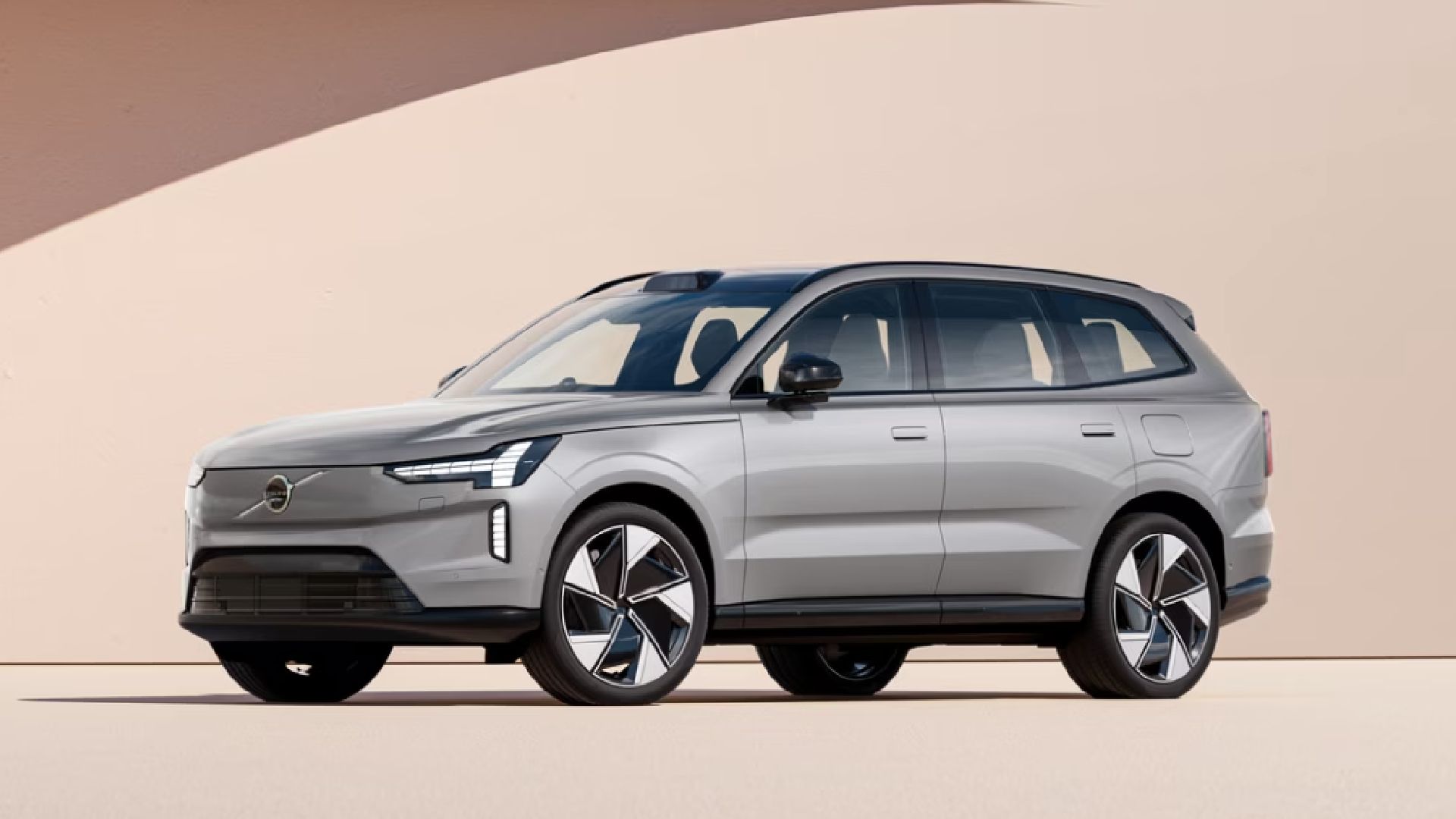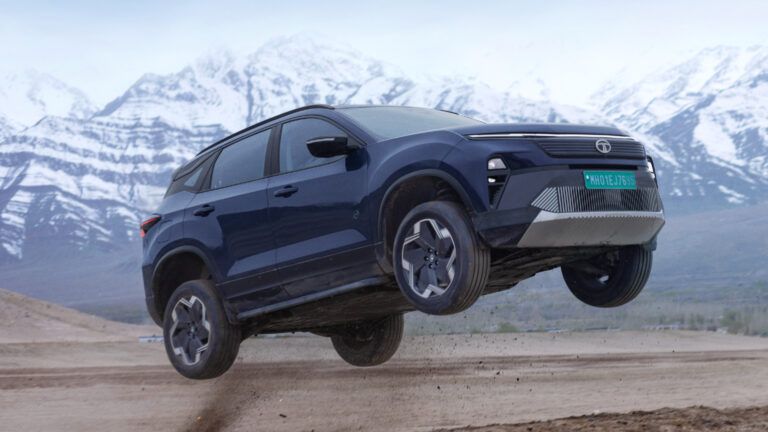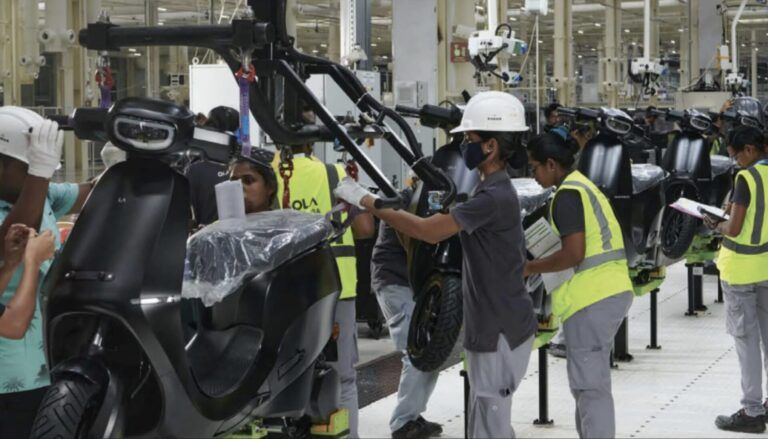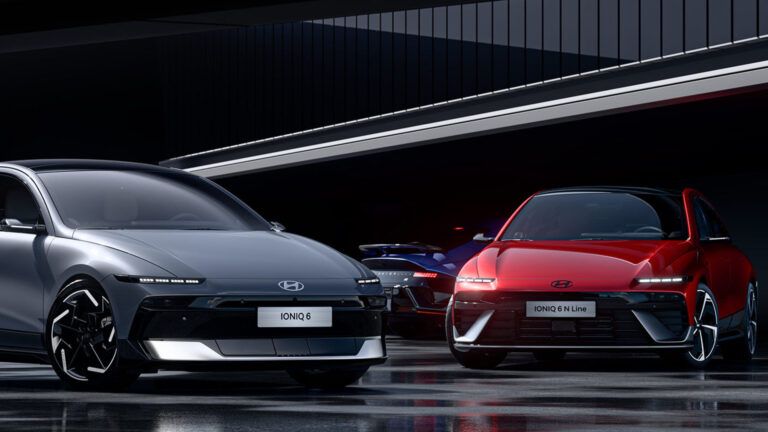Do you drive an electric vehicle and think you contribute to the environment significantly? Well, you must know that the automakers market EVs as the greenest cars on the road. However, some of its parts, particularly the batteries, may not be as eco-friendly as claimed.
Therefore, Volvo is preparing to provide the first EV battery passport. It will include a list of the carbon footprint of the company’s premium EX90 electric SUV and the origins of raw materials and parts.
According to news agency Reuters, Volvo collaborated with UK-based firm Circulor to develop the passport. The organization uses blockchain technology to help businesses track the source of their supply chains.
Volvo claims that the purpose of the EX90’s EV battery passport is to promote transparency and awareness of these kinds of cars. Head of Global Sustainability at Volvo, Vanessa Butani, told Reuters that being a pioneer and leader is crucial for the company. She also stated that all Volvo EVs would soon be eligible for the passport.
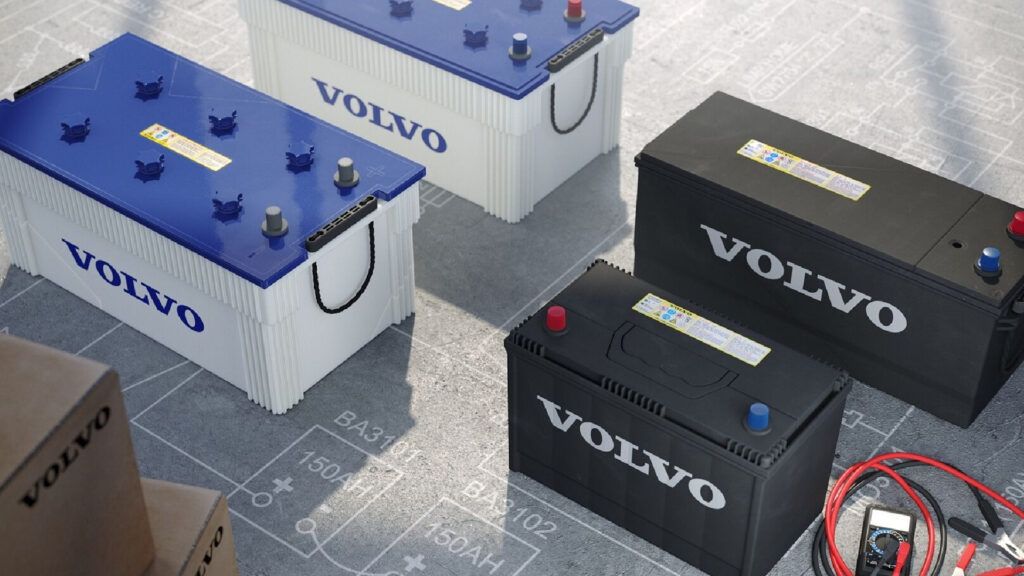
The United States company’s factory in South Carolina will soon start manufacturing the EX90 with the battery passport. Furthermore, later this year, the company will begin deliveries to clients in North America and Europe. By scanning a QR code, consumers will be able to access the battery passport. Moreover, regulators will have access to a complete copy of the passport.
Although Volvo is leading the way in this aspect, the other automakers should follow suit soon. That’s because, from February 2027, battery passports for EVs will be compulsory throughout the European Union. Furthermore, customers will benefit from knowing the composition of the battery and the source of crucial components.
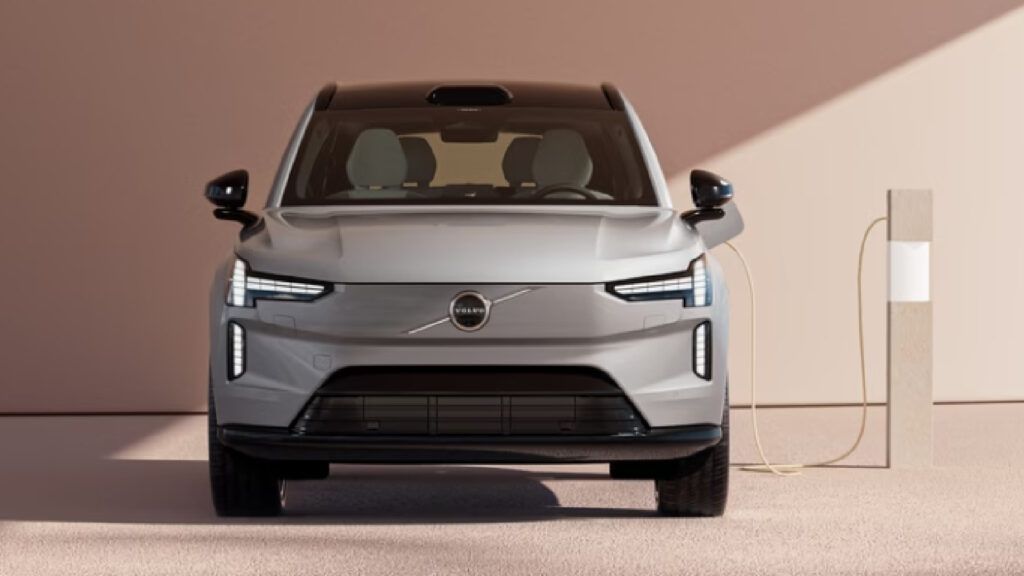
Volvo EX90 India launch confirmed for 2025
In India, Volvo presently offers two EVs: XC40 Recharge and C40 Recharge. However, Jyoti Malhotra, MD of Volvo Cars India, stated in a media interview that the Swedish manufacturer will introduce the EX30 and EX90 SUVs in 2025, doubling its lineup.
The seven-seater EX90, which debuted in 2022 as the brand’s flagship electric vehicle, is essentially the XC90’s electric twin. It is closely similar to the Polestar 3 and was the first model backed by the brand’s EV SPA2 design. The top model comes with a 111kWh battery that provides 600 km on the WLTP cycle. Additionally, its electric motor can generate up to 517 horsepower.
By 2030, Volvo aims to be a completely electric vehicle manufacturer. Moreover, it plans EX90 to be the electric vehicle the company will introduce each year to achieve this goal.

